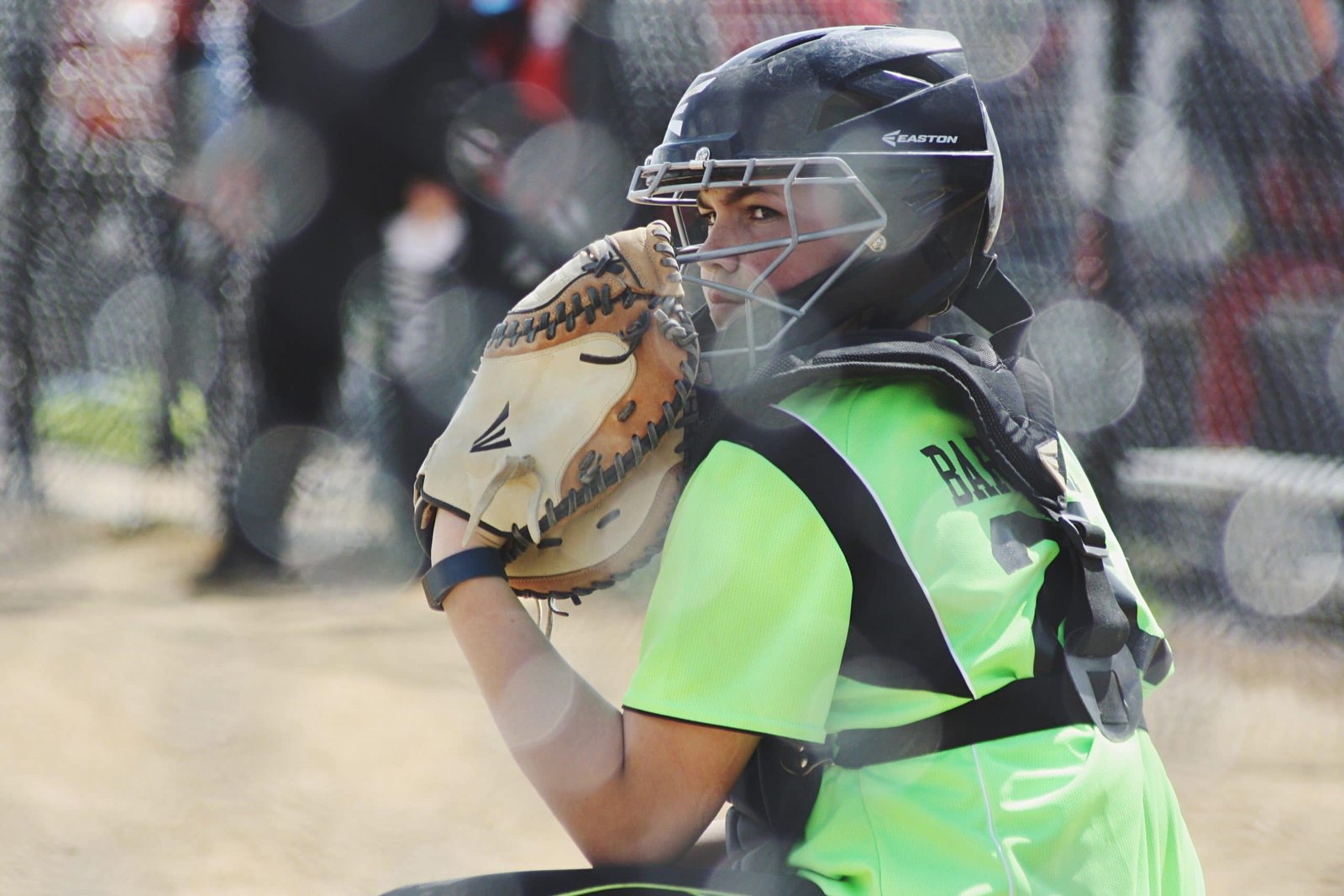Unlike some sports where there is a game clock, there is no set amount of time in a baseball game. In professional baseball, there are nine innings and the time it takes to complete the game can vary quite a bit based on many factors. If the score is tied after nine innings, the duration of the game will increase even further until one team successfully scores in extra innings without the opponent also scoring to keep the game tied. In addition to this, professional baseball also comes with commercial breaks which also increases the length of a game.
In high school baseball, there are only seven innings so having two less innings means the average duration of a high school game is less than a professional game. The duration of a high school baseball game typically ranges from 1.5 to 2 hours, depending on various factors such as the level of competition, pitching changes, and game play strategies each team uses.
Table Of Contents

Overview of High School Baseball Games
High school baseball games are a thrilling display of the talent and dedication of young athletes. These games are not just about physical ability, but also about mental strategy and teamwork. Each inning is a strategic battle between pitchers, batters, and fielders, filled with tension and excitement.
The competitive nature of high school baseball games pushes players to constantly improve their skills and resilience. It’s not just about winning or losing, but about the experience of facing challenges head-on and working together towards a common goal. The energy on the field is infectious, drawing in spectators to witness the raw passion and determination displayed by these young athletes.
As players grow both physically and mentally throughout their high school baseball careers, they learn valuable lessons that go beyond the sport itself. High school baseball games serve as a training ground for developing leadership skills, sportsmanship, perseverance, and teamwork that will benefit them far beyond their time on the diamond.
Factors Affecting Game Duration
Factors affecting the duration of a high school baseball game go beyond just the gameplay itself. External elements like weather conditions, player substitutions, and umpire decision-making can all contribute to the length of a game. Improper field maintenance, such as poorly groomed infields or inadequate lighting, can also lead to delays during gameplay.
Additionally, the skill level and experience of the players can impact game duration. High school teams with less experience may take longer to complete innings due to errors or slower play execution. Conversely, highly skilled teams that efficiently carry out plays and make quick decisions on the field can help speed up game time significantly.
Umpire enforcement of rules and regulations is another significant factor in determining how long a high school baseball game lasts. Consistent application of pitch-clock rules and strike zone calls can influence the pace of play and ultimately affect the total duration of the game.
Typical Length of a Game
The typical length of a high school baseball game can vary depending on various factors, but in general, you can expect a game to last around 1.5 to 2 hours. Unlike professional baseball games that tend to have more commercial breaks and pitching changes, high school games are usually faster-paced and more streamlined.
One of the primary reasons for the variability in game length is the level of competition. Close matchups with evenly matched teams can lead to extra innings, extending the game beyond the standard duration. Additionally, factors such as weather conditions and umpire decisions can also impact the overall length of a high school baseball game.
As spectators or players, understanding these nuances can help cultivate a deeper appreciation for the sport and enhance the overall experience of watching or participating in a high school baseball game. The unpredictable nature of these games keeps audiences engaged and creates an atmosphere filled with excitement and anticipation until that final pitch is thrown.
Strategies to Speed Up Games
Implementing a pitch clock can significantly reduce the time spent between pitches, ensuring a faster-paced game. Encouraging players to stay focused and ready at all times will also help in avoiding unnecessary delays. Additionally, strategic placement of fielders and quick transitions between plays can minimize game interruptions and speed up the overall pace.
Coaches should emphasize efficient communication to keep plays moving smoothly and prevent prolonged discussions on the field. Furthermore, encouraging batters to step into the box promptly and limiting timeouts can contribute to expediting the game. By incorporating these strategies, high school baseball teams can maintain an engaging pace while maximizing playing time and enhancing the overall experience for both players and spectators alike.
Importance of Efficient Game Management
Efficient baseball game management is essential for ensuring smooth operations, optimal player performance, and an engaging fan experience. Coordinating various aspects such as player rotations, pitching changes, and strategic decisions requires precision and quick decision-making skills from the coaching staff. A well-managed game enhances team morale and cohesion, ultimately leading to better on-field results.
In addition to influencing the outcome of individual games, effective management can also have long-term implications for a team’s overall success in a season. By carefully managing resources such as pitcher usage and player fatigue levels, coaches can ensure that their team remains competitive throughout the grueling schedule of a baseball season. Embracing data-driven strategies and leveraging advanced analytics can further enhance game management practices, giving teams a competitive edge in today’s increasingly complex baseball landscape.
Ultimately, efficient baseball game management is not just about making in-game decisions but also about creating a culture of excellence within the organization. When players trust their coaches to make sound decisions and prioritize their well-being, they are more likely to perform at their best consistently. By valuing efficiency and smart decision-making in all aspects of game management, teams can position themselves for sustained success on the field.
Wrapping It Up
Understanding the timeframe of baseball games goes beyond simply adhering to a strict schedule. It encompasses an intricate dance between pitching, hitting, fielding, and strategic decisions made by both teams. Each inning unfolds like a carefully orchestrated performance, with momentum swinging back and forth like a pendulum.
The ebb and flow of the game creates suspense and excitement for fans watching in the stands or at home. From nail-biting extra innings to decisive walk-off home runs, baseball games have an inherent unpredictability that keeps audiences on the edges of their seats. Embracing the time frame of these games means appreciating the nuances and strategies that make each match unique – a true test of skill and endurance for players and spectators alike.







